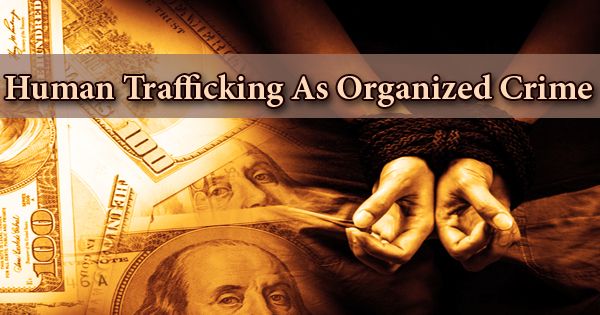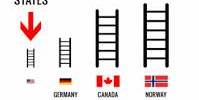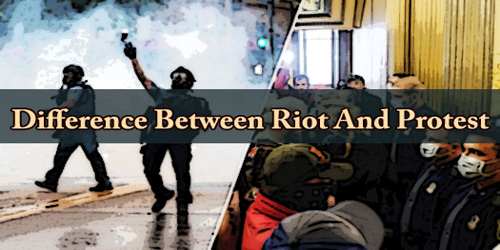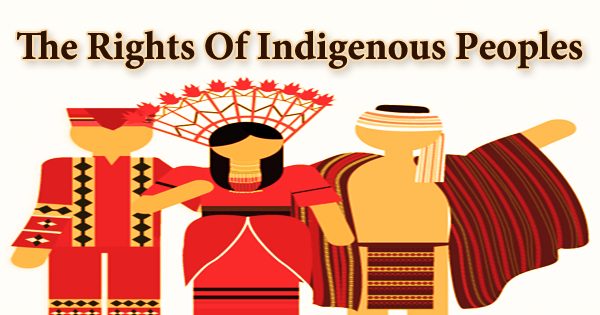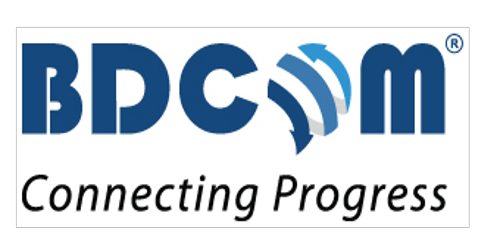Human trafficking is a criminal activity that is highly orchestrated and coordinated. It is the process of trapping people and exploiting them for financial or personal gain through the use of intimidation, manipulation or coercion. It can happen inside a country or trans-broadly. The criminal ventures need to move an enormous number of transients over a generous distance, have an efficient arrangement to execute the different phases of the wrongdoing, and have a considerable measure of cash for such endeavors. Trafficking of human beings is the business of individuals, especially women and children, and does not generally entail the movement of individuals from one place to another. In addition to the criminalization of trafficking, the Convention on Trafficking in Persons also includes the criminalization of human trafficking:
- Attempts to commit a trafficking offence
- Participation as an accomplice in such an offence
- Organizing or directing others to commit trafficking.
People can be trafficked and misused in numerous structures, including being constrained into sexual abuse, work, asking, wrongdoing, (for example, developing cannabis or managing drugs), homegrown bondage, marriage, or organ evacuation. Human dealers have built up a multibillion-dollar industry by misusing those constrained or ready to move. Migrant trafficking is increasingly recognized as a form of organized crime for this purpose. As of 2014, forced labor alone (one aspect of trafficking in human beings) produces an estimated $150 billion in income per year, according to the International Labor Organization (ILO). In 2012, 21 million victims were estimated by the ILO to be stuck in modern-day slavery. Of these, 14.2 million (68%) were exploited for labor, 4.5 million (22%) were sexually exploited, and 2.2 million (10%) were exploited for forced labor levied by the state.
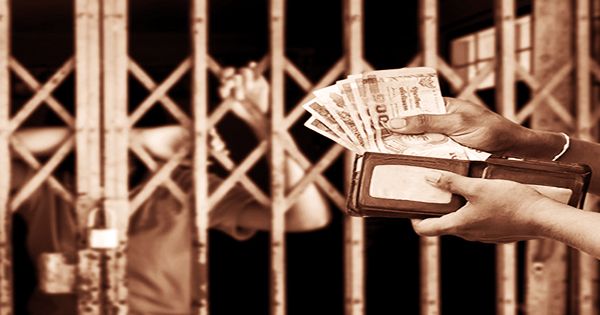
Example of Human Trafficking
From a few loosely connected freelance criminals to large organized criminal groups operating in concert, trafficking networks can cover everything. Traffickers’ trapped people often try to escape poverty or prejudice, better their lives, and support their families. In order to try to escape poverty or oppression, accept risky work opportunities and make dangerous migration choices, marginalized individuals are frequently forced to take unthinkable risks, often borrowing money from their traffickers in advance. Human trafficking is the world’s third-largest crime sector, behind drug trafficking and arms trafficking, and is the transnational criminal organizations’ fastest-growing operation.
Indeed, opiates dealing and illegal exploitation are regularly interlaced, utilizing similar entertainers and courses into a country. Transient dealing is one of the quickest developing criminal undertakings. While trafficking in human beings may occur at a local or domestic level, it has international consequences, as accepted by the United Nations in the Protocol to Prevent, Combat and Punish Trafficking in Persons, in particular Women and Children (also referred to as the Trafficking Protocol or the Palermo Protocol), an international agreement entered into force on 25th December 2003 under the UN Convention against Transnational Organized Crime (CTOC). In order to legitimize their revenues, smugglers use other illegal practices, such as laundering money gained not only from trafficking, but also from forced labor, sex industries, and drug trafficking.
A broad definition of trafficking prescribed in the Protocol should be followed by national legislation. The legislative concept should be complex and versatile in order to allow the legislative structure to respond effectively to smuggling:
- Occurs both across borders and within a country (not just cross-border)
- Is for a range of exploitative purposes (not just sexual exploitation)
- Victimizes children, women, and men (Not just women, or adults, but also men and children)
- Takes place with or without the involvement of organized crime groups.
There are two types of criminal liability: individual and corporate. By and large, people are indicted for their part in illegal exploitation, yet the state’s law-authorization offices battle to rebuff companies for a scope of reasons, including that criminal strategy to seek after partnerships is lacking, disciplines don’t rebuff the most blamable people, and deficient exertion is made to compute the genuine expense to reestablish and repay casualties of dealing since they were victims of crime. Traffickers use terrorist attacks as a way of manipulating their victims in order to safeguard their investment and demonstrate power by threatening expulsion, seizure of travel documents, or abuse against migrants or their family members who stay in the country of origin.
Information Sources:
